 ''Fuwa'' are the offical mascots of Beijing 2008. They are five together. Each represents one of the five Olympic Rings.
''Fuwa'' are the offical mascots of Beijing 2008. They are five together. Each represents one of the five Olympic Rings.''Fuwa'' in Chinese mean ''Blessing children''. They are five little playful children who symbolize different blessings -- prosperity, happiness, passion, health and good luck. They embody the natural characteristics of four of China's most popular animals -- the Fish, the Panda, the Tibetan Antelope, the Swallow -- and the Olympic Flame. They also embody the five elements of nature -- the sea, forest, fire, earth and sky -- all stylistically rendered in ways that represent the deep traditional influences of Chinese folk art and ornamentation.
Each of ''Fuwa'' has a rhyming two-syllable name -- a traditional way of expressing affection for children in China. ''Beibei'' is the Fish, ''Jingjing'' is the Panda, ''Huanhuan'' is the Olympic Flame, ''Yingying'' is the Tibetan Antelope and ''Nini'' is the Swallow.
If you put their names together -- ''Bei Jing Huan Ying Ni'' -- in Chinese it says "Welcome to Beijing'', a warm invitation to everyone in the world.

This is ''Beibei''. She represents the fish and water. In China's traditional culture and art, the fish and water designs are symbols of prosperity and harvest. And so Beibei carries the blessing of prosperity. A fish is also a symbol of surplus in Chinese culture, another measure of a good year and a good life. The ornamental lines of the water-wave designs are taken from well-known Chinese paintings of the past.

''Jingjing'' is a panda, as everyone can see. He brings the blessing of happiness, because as a national treasure and a protected species, pandas' charming naivety makes children smile, and is adored by people everywhere. Jingjing's headress symbolizes the lush forest and the harmonious relationship between man and nature. Jingjing was chosen to represent our desire to protect nature's gifts -- and to preserve the beauty of nature for all generations.

This is ''Huanhuan''. He is the big brother among the five Fuwa. He is a child of fire, symbolizing the Olympic Flame and the passion of sport -- and passion is the blessing he bestows. Huanhuan stands in the center of Fuwa as the core embodiment of the Olympic spirit. The fiery designs of his head ornament are drawn from the famed Dunhuang murals -- with just a touch of China's traditional lucky designs.

''Yingying'' represents a species of antelopes unique to the Qinghai-Tibet Plateau, one of the first animals put under protection in China. Like all antelopes, Yingying is fast and agile and can swiftly cover great stretches of land as he races across the earth. Therefore, the antelope carries the blessing of health, the strength of body that comes from harmony with nature. Jingjing's head ornament incorporates several decorative styles from the Qinghai-Tibet and Sinkiang cultures and the ethnic design traditions of Western China.

The last Fuwa, is called ''Nini''. Nini's figure is drawn from a traditional Chinese kite design of swallow. Every spring and summer, people in Beijing have the hobby of flying kites. Among the kite designs, the golden-winged swallow is traditionally one of the most popular. Nini's golden wings symbolize the infinite sky and spread good-luck as a blessing. Swallow is also pronounced "Yan" in Chinese, and ''Yanjing'' is what Beijing was called as an ancient capital city.

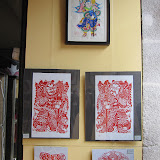
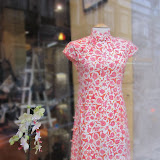
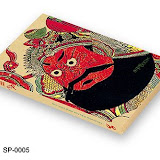
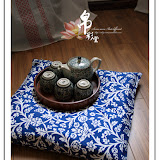
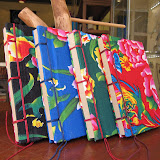




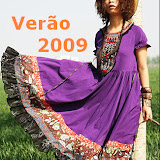




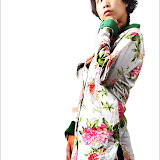

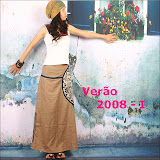
No comments:
Post a Comment